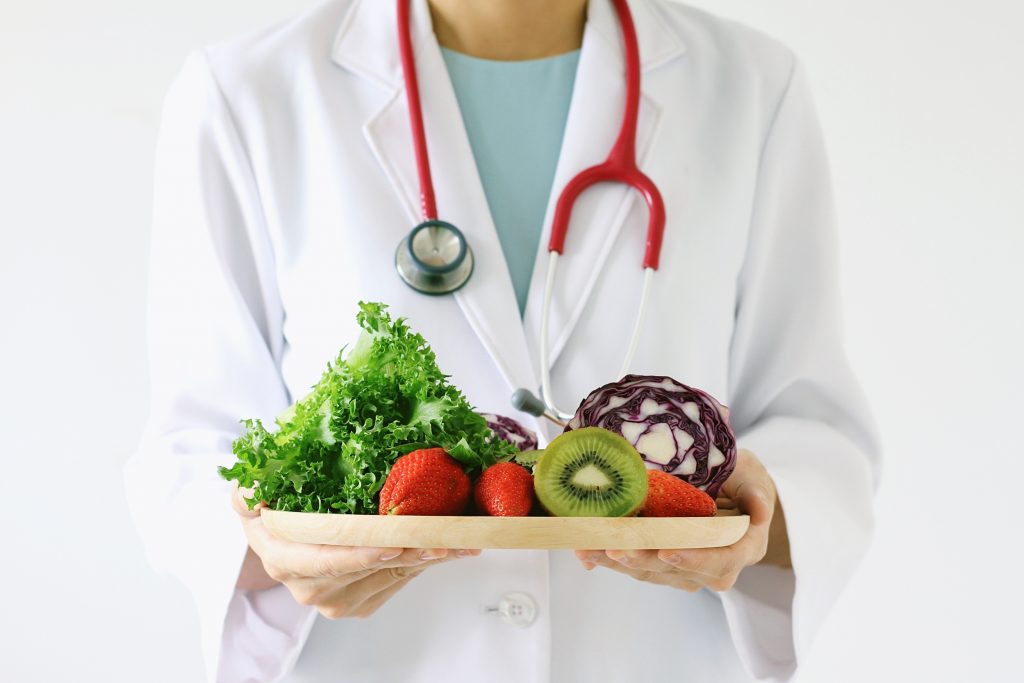Some foods have to be handled more carefully than others because they pose a higher risk of causing food poisoning. These food items include:
- Aged meat
- Kombucha
- Poultry
- Raw and rare meat dishes
- Rockmelons
- Sous vide foods
- Kebabs
- Eggs
- Fish
- Sprouting seeds
- Sushi
- Vacuum packed food
There are many considerations that have to be learned with food handling, like understanding micro-organisms and getting the proper measurement of food temperature. The food handling courses from Australian Institute of Accreditation can teach these concepts to those who will work in food serving establishments.
Here is a sneak preview of the most commonly served high-risk food in restaurants and how to handle them properly.
Eggs
Eggs have been linked to a lot of outbreaks of food borne illnesses. Raw or low-cooked egg products in sauces, desserts, and drinks are the most commonly implicated source of food poisoning. When using eggs, risks can be minimised by:
- Getting eggs from a reputable supplier
- Picking clean and uncracked eggs
- Using a clean and sanitised tool in separating eggs instead of the broken shell
- Acidifying the yolk to pH 4.2 before mixing with other ingredients when preparing aioli or mayonnaise
- Using in-house pasteurisation process for raw or low-cooked eggs that will go into desserts or drinks
Poultry
Poultry, the source of eggs, are equally known for causing food borne illnesses with Salmonella and Campylobacter.
- Utensils, equipment and surfaces used with handling raw poultry should not be used with ready-to-eat food. They should also be cleaned and sanitised.
- Washing raw poultry before cooking will not eliminate the present micro-organisms and will contaminate the sink.
- When cooked, the internal temperature of the thickest part of the meat should be 75°C. Cook meat again if it does not reach this temperature.
- When holding cooked meat hot for serving, maintain a minimum temperature if 60°C for micro-organism growth prevention.
One can never be too careful when handling food, especially if handled food will be served to other people. The whole industry must work together to keep Australia healthy and safe.

